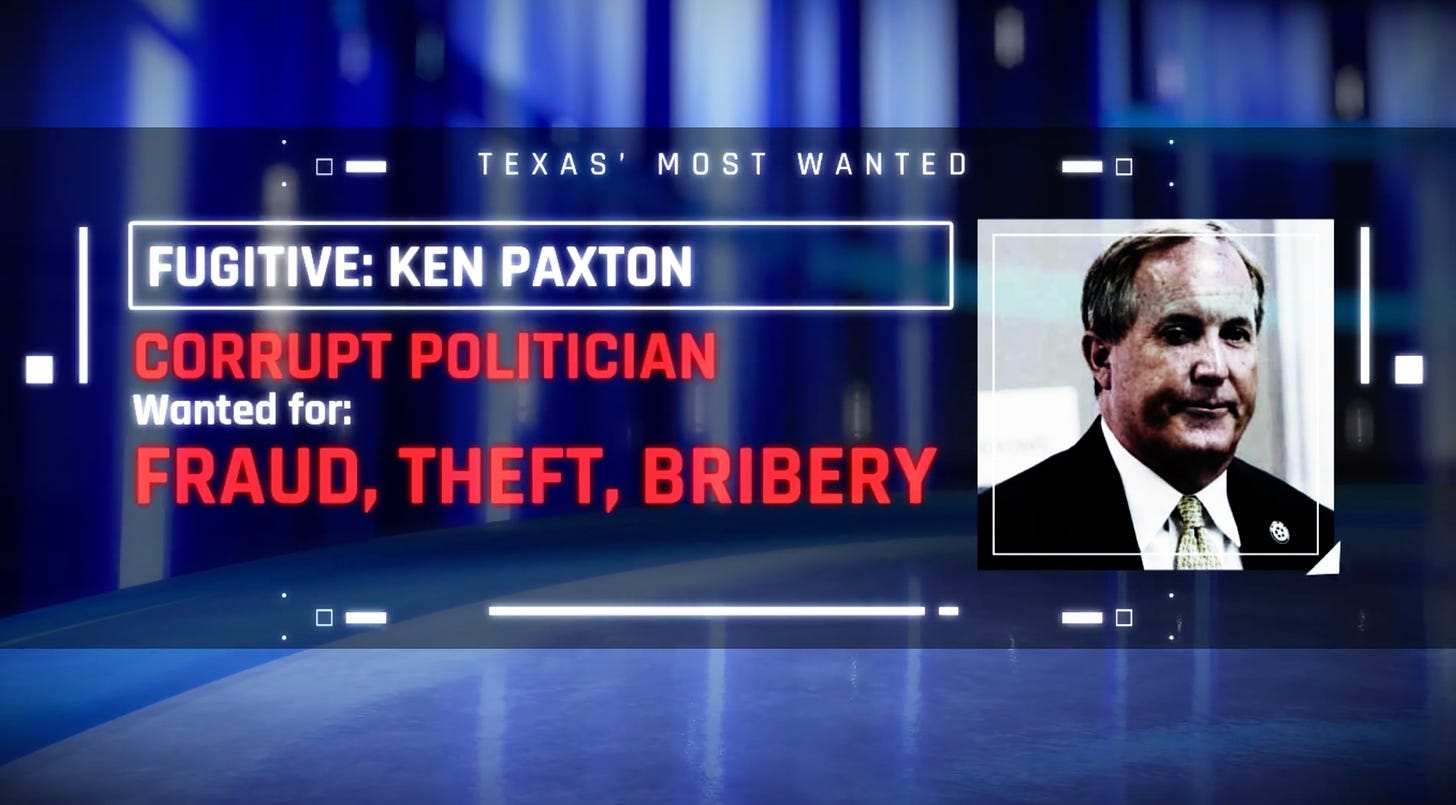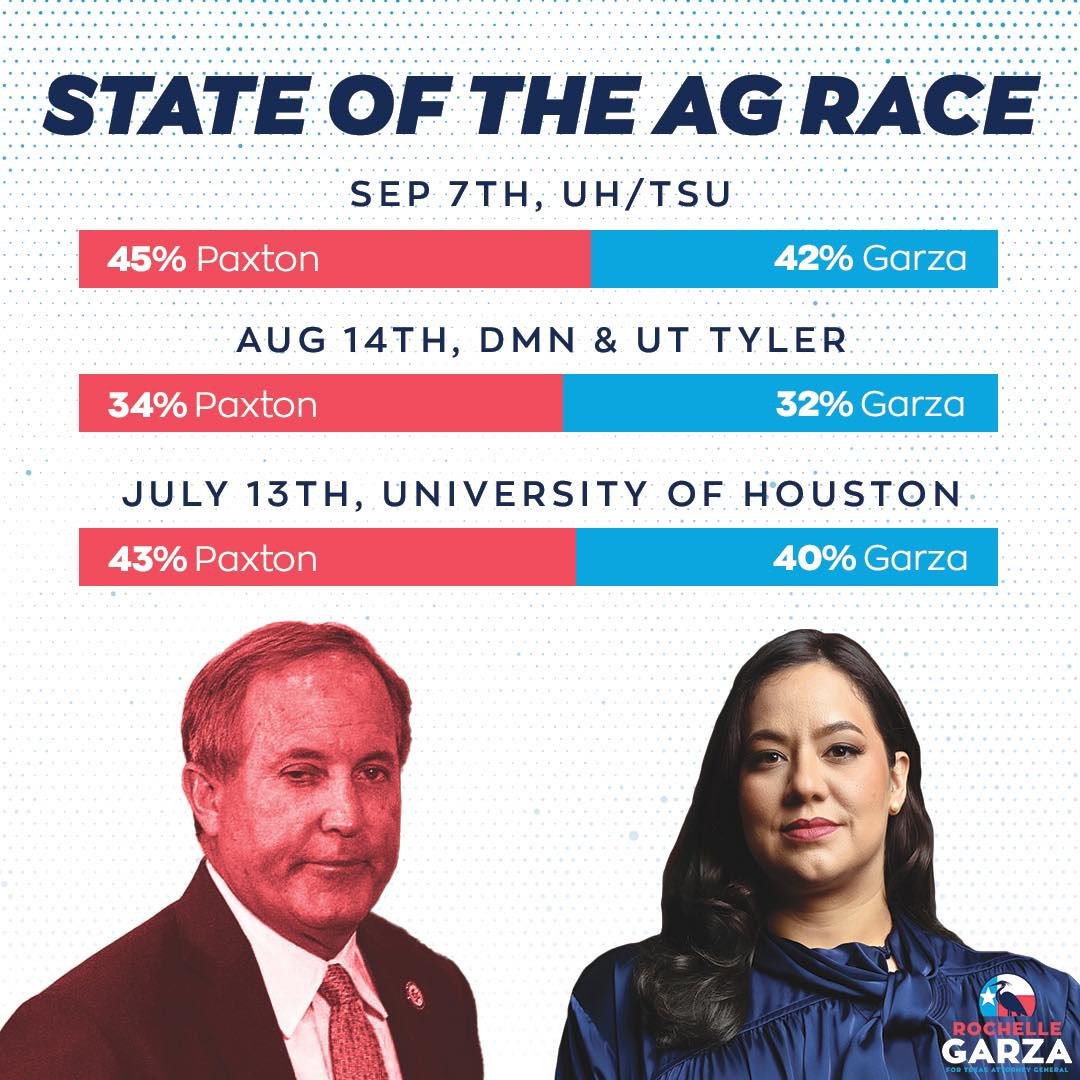Let me tell you a true story that sounds made up. It sounds made up because it shouldn’t be true. There are rules about stories. Causes create effects. Rifles hanging on walls in the first chapter must go off by the third. One thing must lead to another. What I’m getting at is that there are rules, not that you’d know that from this story.
There was this boy named Ken, born in North Dakota and raised on a series of Air Force bases from coast to coast. When he was 12, he almost lost his right eye when a game of hide & seek went awry. A misdiagnosis made matters worse, and now his good eye, the left one, is green. His damaged one droops and is brown, turning a bland and inoffensive-looking face distinctive, if unattractive.
It’s impossible to forget Ken’s face, which might account for a lot of the good things that ended up happening to him. He was elected student government president at Baylor University where he got his bachelor’s and MBA. A few years of management consulting were enough. He got his law degree and ended up for working for J.C. Penney Company, Inc. when he ran into his congressman whom Ken found “particularly rude.” That’s all it took to draw Ken into politics. When a new legislative district opened up in North Texas where he lived, he ran as a Christian Republican.
In the legislature, he came across as “soft-spoken … a quiet ideologue.” He distinguished himself mostly by doing a lot of business. In fact, as a state lawmaker he started or joined 28 businesses. In one case, he invested in a company that sells video equipment to police departments, though he never disclosed that. The company won a big state contract. A competitor complained that Ken’s undisclosed stake gave the company an unfair advantage, but Ken swore he had no idea they were even up for the state contract. Total coincidence.
A couple years later, he moved up to the state senate where his one term is remembered mostly for stealing a pen. The pen thing was pretty funny. There’s video of him going through metal detectors in a courthouse back home. You can see him look down at the tray, pick up a pen, look right at it, slip in into his pocket, and go off on his merry way. It was a $1,000 Mont Blanc, though, so the owner got the sheriff to demand its return. Ken swore he had no idea it wasn’t his pen. Complete accident.
There was this other time he got his friends, including at least one fellow lawmaker, to invest in a North Texas-based technology startup. Once again, he wasn’t completely on the up & up. He didn’t tell his friends that the firm was paying him, which might have had something to do with the fact that he wasn’t even registered as an investment adviser representative.
This time he ended up having to admit he screwed up and even paid a $1,000 fine. This was made all the more awkward for him because at the time he was running for attorney general. But he was running as a Christian Republican, so once he got the nomination he changed his story. Now, all this securities fraud business was a politically motivated witch hunt.
Ken got elected and indicted in that order. He was indicted in the state capital because that’s where the state agency is where he should have registered, but most of the people in the state capital aren’t Christian Republicans. The very last thing he wanted was a jury of these peers, so he argued that because the friends he cheated were from back home in North Texas, the case should be moved to that courthouse back home where he stole accidentally took that fancy pen. He’s still buddies with the people back home, and they haven’t exactly hurried to bring him to trial. He pleaded not guilty to two counts of securities fraud, and then not much else happened. Two years later, the AP said the case was “in limbo.” That was five years ago, and still no trial.
Fancy lawyering isn’t cheap. Ken ran up a legal bill big enough to buy a lawyer a lake house, so he started a legal defense fund and raised money from his friends. Problem was, some of these friends had business with the attorney general’s office, which should have been a problem since there is a law against that. Technically speaking, it’s bribery, but the investigation — there was another investigation — said it didn’t count because he was friends with the people bribing him.
Prosecuting voter fraud has been a big thing for Ken. His election integrity office with a budget of $2.2 million put in 20,000 hours in a year in which they closed three cases and opened seven more. “Voter fraud is not an imaginary concept,” tweeted Ken.
Another of Ken’s big priorities is Operation Fallen Angel, his campaign to bust a meth-for-sex teenage prostitution ring. His efforts recently took a hit when he had to drop charges against six people when one witness recanted and Ken’s office lost track of a victim.
“You’re doing a great job, Ken,” Donald Trump said when he endorsed Ken for re-election, which he won mostly by ducking interviews, avoiding editorial boards, and staying out of sight and having an affair with a state senate aide. He got her a job with Nate Paul, a young real estate developer with properties worth more than $1 billion.
Either of which might have been the reason Ken was so eager to help when Nate asked. His $1 billion real estate empire had some mounting debts and what the Associated Press called “spiraling legal problems,” which is definitely not what you want your legal problems to do. Nate said FBI agents and a federal judge broke the law when they searched his home and another judge was trying to steal $200 million in properties from him. Couldn’t Ken do something about this?
Well, sure, said Ken. Anything for a friend. Soon Ken was hiring lawyers and investigating the people investigating his good buddy Nate, that is, the FBI and judges. A bunch of lawyers working for the AG’s office, including the the agency’s head of law enforcement, filed an official complaint, accusing their boss of “violating federal and/or state law including prohibitions related to improper influence, abuse of office, bribery and other potential criminal offenses.” All of these lawyers soon either resigned, were put on leave or were fired, which I’m sure is a total coincidence.
The fact that the FBI is not investigating Ken, though, is not. And for a while it looked to Republicans like Ken’s goose might finally be cooked. He got three opponents, and real ones too, including the last elected member of the Bush political dynasty, a state supreme court justice, and a congressman. But Trump endorsed Ken, who got the Republican nomination after a runoff.
That brings us to the current moment. Ken’s under multiple state indictments for securities fraud. The FBI is investigating him for corruption. The Texas Bar Association is even trying to punish him for trying to overturn the 2020 presidential election. And I’m not even mentioning the time he and his wife evaded a process server in an episode that had everyone in town wondering if it would be a the cold open on Saturday Night Live. He is the top law enforcement official in Texas and quite possibly the most corrupt politician in America, and the only thing of any consequence that has happened to him is that he had to return a fountain pen.
He also might be the most vulnerable incumbent in Texas. The latest poll shows that his race against a first-time candidate and former ACLU attorney is very close, single digits, “a potential toss-up.” But this is where the story doesn’t make sense.
Ken’s opponent is a Democrat, so Democratic donors are giving more money to out-of-state candidates whose poll numbers often aren’t as good. Why?
Some Democratic donors say that they don’t want to give her money because she has no name ID, which is a problem they could fix by giving her money. As circularly self-defeating as that is, I think that’s just a rationalization. Democrats have famously not won a statewide race in Texas since 1994. Since then, Texas Democrats, or at least a lot of donors and power brokers, have learned their money goes further in legislative and local races and left statewide races to fallow. Texas Democrats can’t believe we can’t win and then do everything in order to prove ourselves right, which is how Ken Paxton is creating the biggest down-ballot opportunity for Democrat in decades, and the Democratic nominee for attorney general — Rochelle Garza is her name — can only raise a little over $1 million.
Some Texas Democratic donors have learned to be helpless, but there’s still time to get it together. There is time to make this story make sense.
Jason Stanford is the co-author of NYT-best selling Forget the Alamo: The Rise and Fall of an American Myth. His bylines have appeared in the Washington Post, Time, and Texas Monthly, among others. Follow him on Twitter @JasStanford.
Thanks to Noom, I lost 40 pounds over 2020-21 and have kept it off since then. Click on the blue box to get 20% off. Seriously, this works. No, this isn’t an ad. Yes, I really lost all that weight with Noom.
We set up a merch table in the back where you can get T-shirts, coffee mugs, and even tote bags now. Show the world that you’re part of The Experiment.
We’ve also got a tip jar, and I promise to waste every cent you give me on having fun, because writing this newsletter for you is some
Buy the book Texas Lt. Gov. Dan Patrick banned from the Bullock Texas History Museum: Forget the Alamo: The Rise and Fall of the American Myth by Bryan Burrough, Chris Tomlinson, and myself is out from Penguin Random House. Out in paperback now!





